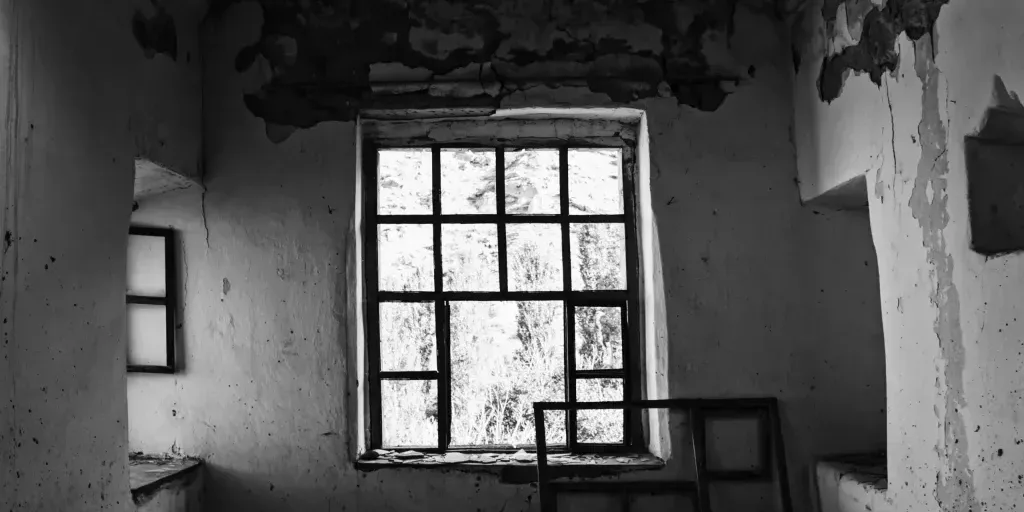 Share this!
Share this!Access to adequate and affordable housing is a crucial determinant of successful integration. Housing conditions have a substantial impact on employment and education opportunities and on the interactions between migrants and host communities. Poor housing conditions and segregation can exacerbate divisions, which undermine social cohesion.
Inclusive housing is, therefore, essential for thriving neighbourhoods.
EU-Belong: Interculturalism and Housing
In the framework of the AMIF-funded EU-Belong project, the AER is facilitating peer learning to foster resource sharing and promote continuous improvement of policies and practices. The EU-Belong project is pioneering the field of inclusion and integration by using an intercultural approach developed by the Council of Europe to innovate regional policymaking.
Interculturalism is a policy model for ensuring equality and cohesion in culturally diverse societies. It encourages mixing and interaction among people of different origins, cultures, and backgrounds to build a collective identity that embraces cultural pluralism, human rights, democracy, gender equality and non-discrimination. It is based on the simultaneous application of the principles of equality of rights and opportunities, diversity as an advantage, and positive interaction as a way to mobilise the contributions of all residents for the development of their society.
Council of Europe, (2019). The intercultural city step by step
EU-Belong showcases how multistakeholder approaches, tailored capacity-building, co-design and transnational mutual learning leverage regional efforts and generate innovation.
To help policymakers connect with peers and find the resources best suited to their needs and interests, peer learning in EU-Belong is divided into four thematic Transfer Clusters. These address common challenges in housing, education, labour, and health.
The below case study about Roma access to housing provides insights for policymakers on the current situation in Europe and is shared as part of the knowledge sharing facilitated in the Transfer Cluster “Where people live”.
The Long-Term Roma Housing Crisis
During 2023, the European Roma Grassroots Organisations (ERGO) Network conducted in-depth national case studies in six countries, looking at the realities of Roma housing and living conditions, as well as at the key barriers the Roma face when trying to access quality and affordable housing in these countries.
The ERGO research report highlights the continued inequalities faced by the Roma community in accessing adequate and affordable housing. It focuses on the countries of Bulgaria, the Czech Republic, Hungary, Romania, Slovakia, and Spain, with additional benchmarking evidence from Albania, Bosnia-Herzegovina, Ireland, Kosovo, North Macedonia, and Türkiye.
Key findings include:
- Roma living conditions are significantly worse than those of the majority, while most Roma experience de facto homelessness.
- Most Roma live in segregated communities and/or informal settlements, many exposed to environmental hazards.
- High costs of housing and overcomplex administrative procedures further reduce Roma access to housing.
- The Roma continue to face antigypsyism and forced evictions.
- Social housing holds great potential for Roma housing, but it is currently under-utilised.
- Roma communities and their civil society organisations must be involved in order to co-create sustainable ways forward.
The study provides case-specific policy recommendations with the potential to inspire actions in similar contexts marked by housing inequality and discrimination, both in Europe and beyond.
Experiment with our tools
EU-Belong developed a series of resources to get started in the development of an intercultural integration strategy such as:
- Building Intercultural Competences: A Handbook for Regions and Stakeholders: This handbook serves as a toolkit for public authorities and personnel working in local services and intercultural specialists. It provides examples and recommendations for capacity-building activities.
- A structure and Methodology to implement Multi-Stakeholder Learning Labs: Ahead of the co-design process, this guide helps regions organise meaningful events with stakeholders to listen to their needs, raise awareness on interculturalism and engage them in the co-design of policies
- Intercultural Integration Self-Assessment Questionnaire: evaluates migrant integration in areas such as labor market mobility, education, and anti-discrimination. It was created by the Region of Catalonia to help regions evaluate their intercultural integration capabilities.
- Peer-Review of European Replicable Good Practices: The AER reviewed successful intercultural integration strategies at the regional level, selecting 10 good practices. The practices promote equality, non-discrimination, and meaningful interaction and serve as an inspiration for policymakers.
- Multi-stakeholder model framework and Toolkit for Regional Intercultural Integration Strategies: This framework for intercultural integration strategies at the regional level helps practitioners and policymakers in migration, diversity, and inclusion to develop adaptable integration strategies. The toolkit provides step-by-step guidance on how to get started and how to progress with the co-design of an intercultural strategy together with regional stakeholders.
Join us in learning how to use an intercultural approach!
The AER and Catalonia are facilitating peer learning and cooperation on using an intercultural approach in sectoral policies through the EU-Belong Transfer Clusters. To learn more about implementing interculturalism across policy areas through multistakeholder collaboration and co-design, or to stay informed about EU-Belong’s activities, such as webinars and the development of pilots, register to the EU-Belong Newsletter (scroll down to the bottom of the homepage).
EU-Belong is a 3-year project run by the Assembly of European Regions (AER) and 12 partners, and co-funded by the AMIF Programme of the European Union.
This article was written by Nicola Miceli, who did an internship on Policy & Knowledge Transfer at the AER Secretariat from January 2024 to June 2024.
Photo by Edanur Ağaç on Unsplash
